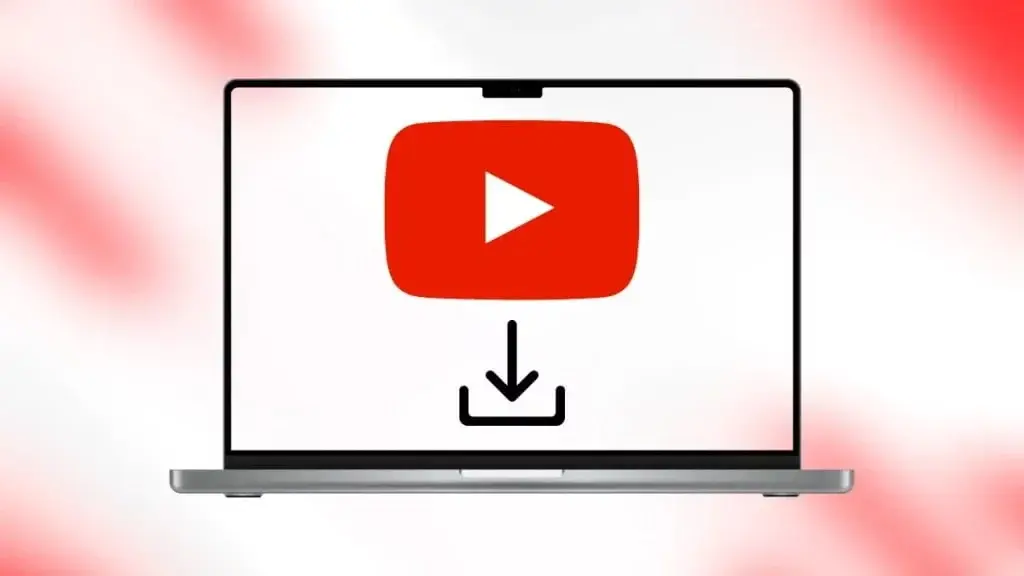If you value the confidentiality of your personal data, the idea of abandoning your smartphone and other gadgets to reside in a secluded cabin might seem appealing. In today's digital age, true privacy seems like a distant dream as major data companies like Google possess an extensive knowledge about us—our possessions, activities, and even potential future actions.
Government Access: Google's Data Disclosure
Recent revelations shed light on the fact that the US government has the authority to demand personal details from Google about its users, underlining the vulnerability of our online privacy. In a recent incident, the government sought personal information not targeted at specific individuals but rather at anyone who viewed particular videos released within a specific timeframe.
Balancing Act: Online Surveillance vs. User Confidentiality
The recent case involving authorities targeting YouTube viewers exemplifies a complex dilemma between conducting online investigations and safeguarding user privacy. The scenario, where data from thousands of users was potentially exposed due to publicly available videos, raises pertinent questions about the extent to which online activities should be monitored.
While the desire for privacy remains paramount for many individuals, instances like these underscore the challenging reality of maintaining personal data confidentiality in today's interconnected digital landscape.


Leave a Reply